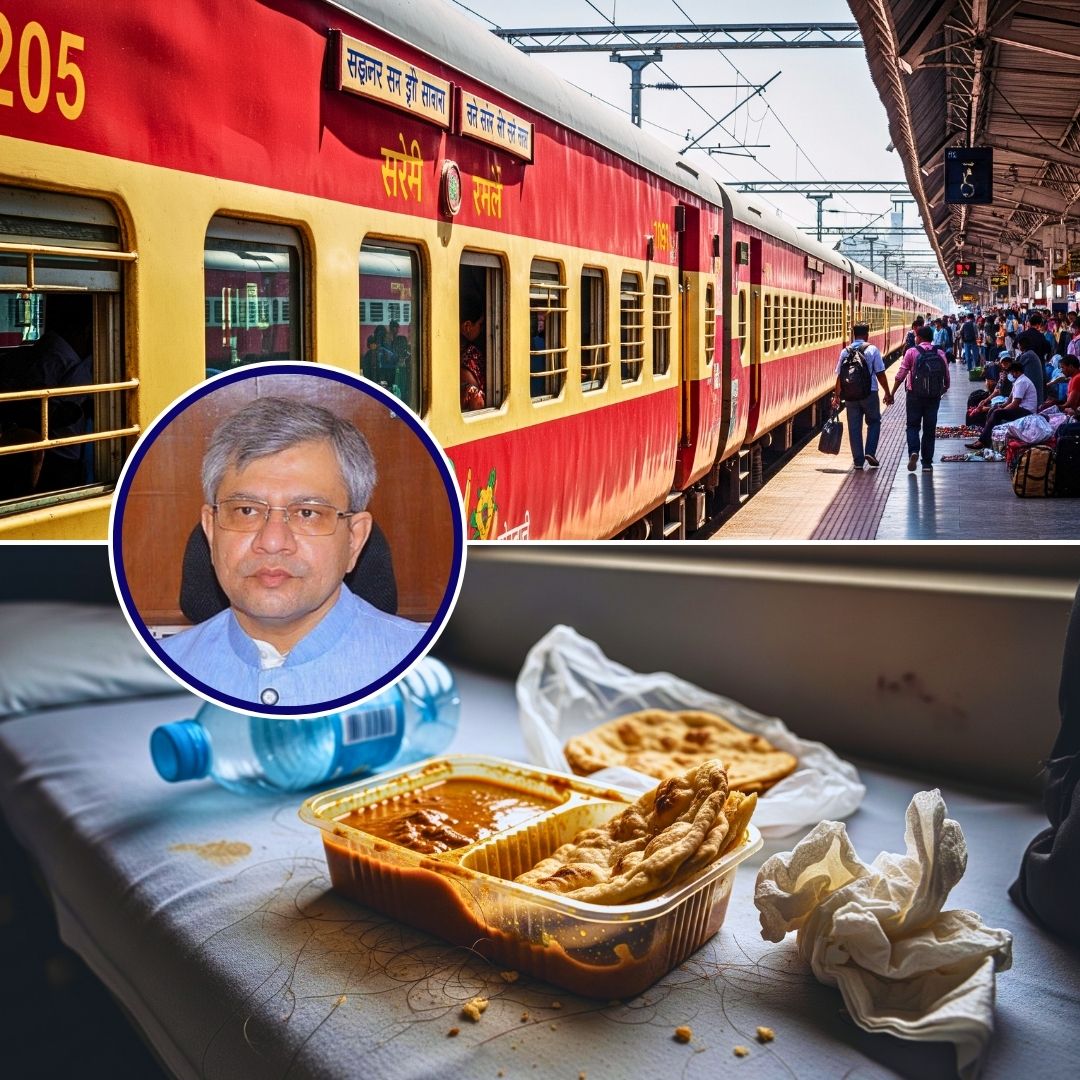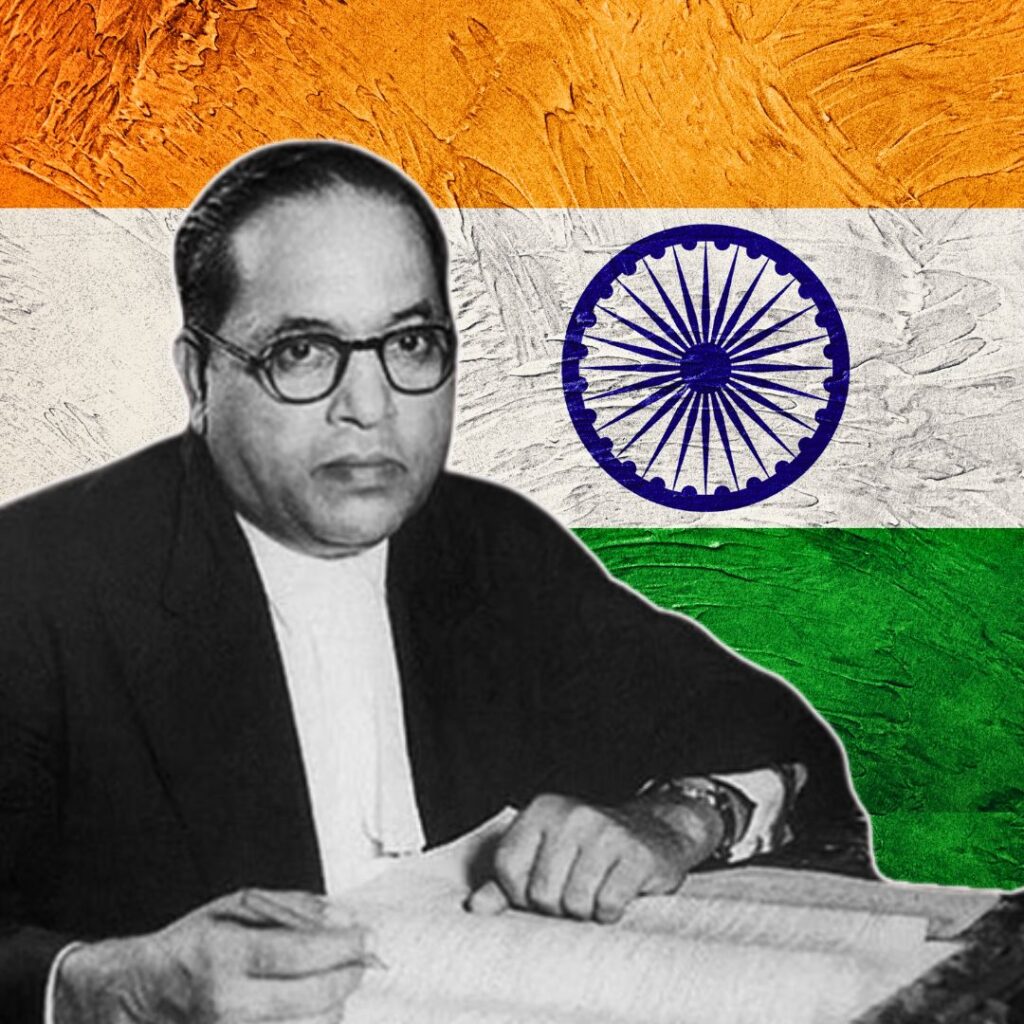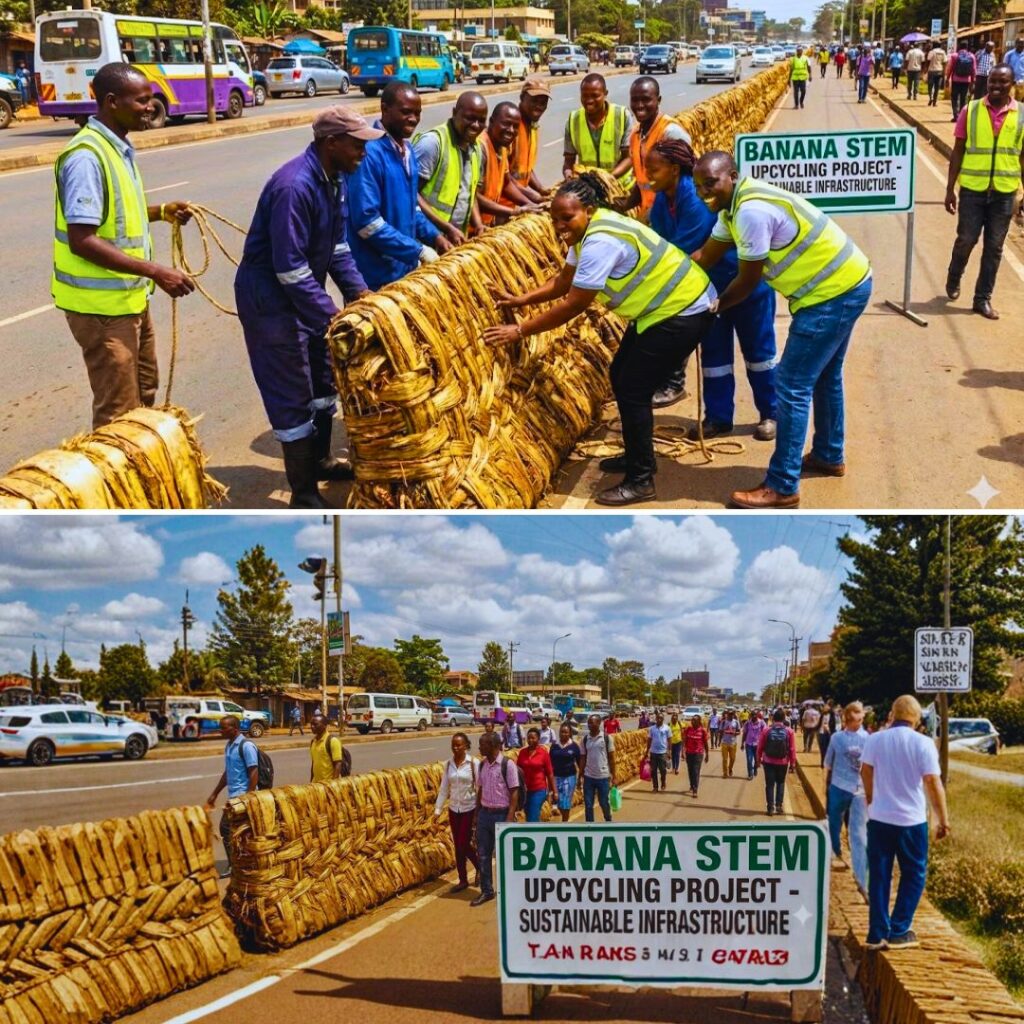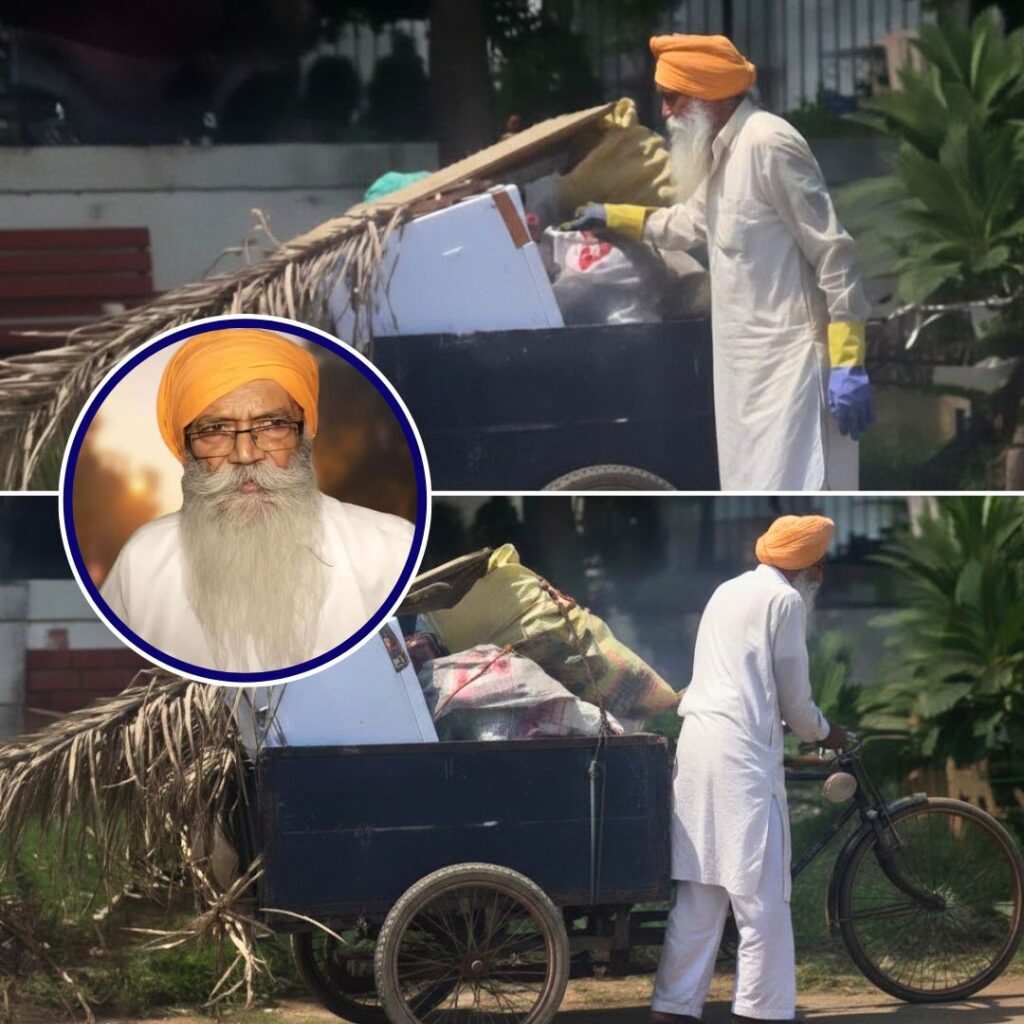Indian Railways recorded 19,427 complaints concerning substandard food served onboard between financial years 2021 and 2025, as disclosed by Railway Minister Ashwini Vaishnaw in a written reply to the Rajya Sabha. Although complaints slightly decreased from 7,026 in FY24 to 6,645 in FY25, the overall figures represent a dramatic increase from just 253 complaints in FY21.
The Indian Railway Catering and Tourism Corporation (IRCTC), tasked with onboard catering services, asserts it has taken robust measures such as imposing fines in 3,137 cases, issuing 9,627 warnings, and giving 4,467 advisories to vendors.
Additional steps include installing CCTV cameras in base kitchens, appointing food safety supervisors, conducting surprise checks, and increasing food quality testing to ensure hygiene and passenger safety. Nonetheless, challenges around consistent food quality and hygiene persist amid growing passenger volumes and logistical complexities.
Rising Complaints and IRCTC’s Response
The steep rise in complaints reflects both an increase in the number of meals served daily and continuing challenges in maintaining consistent food quality across a vast and complex catering network. The IRCTC manages catering through a cluster tender system, where 20 contractors handle onboard meals across premium trains such as Vande Bharat, Rajdhani, Shatabdi, and Duronto Express.
Despite claims that complaints per meal served remain relatively low, the sheer volume of grievances has prompted the IRCTC to enhance monitoring drastically. CCTV surveillance inside base kitchens aims to deter unhygienic practices, while newly deployed food safety supervisors oversee compliance with Food Safety and Standards Authority of India’s (FSSAI) norms.
Surprise inspections and regular testing of food samples further reinforce quality control. Despite these efforts, only three contracts have reportedly been terminated over multiple years, a fact that has drawn criticism from passenger advocacy groups demanding more stringent enforcement.
Background and Challenges in Railway Catering
For years, food quality has been a contentious issue for railway passengers, with reports highlighting incidents of stale, contaminated, or poorly packaged meals. Factors contributing to this include the centralised production of meals at base kitchens far from railway routes, limited availability of pantry cars, and delays during long journeys which can impair food freshness.
The 500% increase in complaints over two years reflects passenger frustration and increased scrutiny. Critics argue that the catering tendering process has favoured a few large corporate players, with some companies linked through affiliates, potentially limiting competitive oversight and quality improvements.
While rules under the Food Safety and Standards Act, 2011, mandate regular inspections, testing, and penal actions, implementation gaps remain a concern. Many passengers continue to demand transparent grievance redressal mechanisms and greater accountability to ensure hygienic, fresh, and safely prepared meals.
The Logical Indian’s Perspective
The sharp rise in food complaints aboard Indian trains is not merely a matter of service lapses but touches on fundamental issues of public health, passenger dignity, and governance in a transportation system critical to millions daily.
Although IRCTC and the Railways have initiated important corrective measures, long-term success in food quality assurance depends on transparency, technology-driven monitoring, and genuinely empowering passengers’ voices. Respecting passengers by providing safe, hygienic food should be a non-negotiable public service standard.











